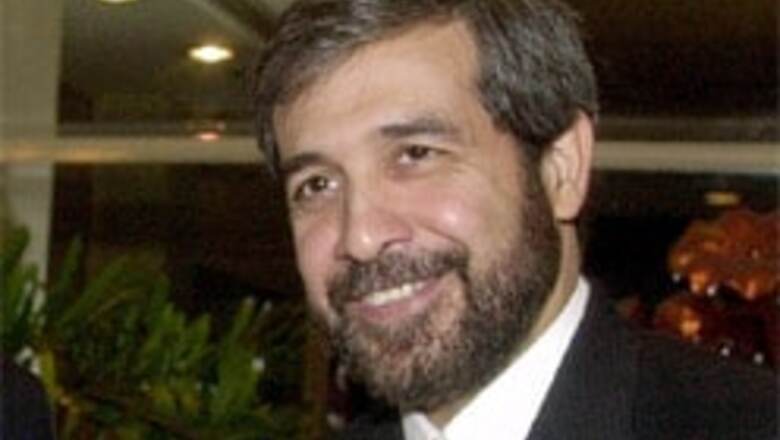
views
Tehran: The Iranian Parliament has threatened in a letter to UN Secretary General Kofi Annan to force the government to withdraw from the Nuclear Nonproliferation Treaty if the United States continues pressuring Tehran to suspend uranium enrichment.
The letter, read Sunday on state radio, said Annan and the Security Council must resolve the dispute over Iran's nuclear program "peacefully, (or) there will be no option for the parliament but to ask the government to withdraw its signature" from an addendum to the treaty that calls for signers to allow intrusive, snap inspections by the International Atomic Energy Agency - the treaty monitoring body.
Iran already had stopped snap IAEA inspections, saying its 2003 agreement was being implemented voluntarily and had not been ratified by Parliament and the Guardian Council, a powerful oversight body dominated by Islamic hard-liners.
The protocol allows unfettered and unannounced IAEA inspections to ensure overall compliance with the NPT.
Furthermore, the letter said, the lawmakers would order a "review (of) Article 10 of the Nuclear Nonproliferation Treaty," the section of the agreement that outlines procedures for withdrawal.
Article 10 allows signatories to pull out of the treaty if they decide that extraordinary events have jeopardized their own supreme interests. A nation wanting to withdraw must give fellow treaty signers and the UN three months notice and detail events leading up to the decision.
North Korea withdrew from the treaty in 2003 on that basis.
Also Sunday, Foreign Ministry spokesman Hamid Reza Asefi said again that there was nothing the international community could do to prompt Iran to suspend uranium enrichment, declaring that "intervention by the Security Council in this issue is completely illegal."
Briefing reporters, Asefi also said Iran's opponents were driven by "political motivations."
"Countries sponsoring the draft resolution (Britain, France and the United States) have political motivations," Asefi said. "It's clear that any action by the UN Security Council will leave a negative impact on our cooperation with the IAEA."
"Intervention by the UN Security Council would change the path of cooperation to confrontation. We recommend they do not do this," he said.
President Mahmoud Ahmadinejad, meanwhile, was quoted by state radio as reissuing his charge that Iran's opponents were bullying the international community and Iran.
"International organizations should not turn into interpreters of few bullying powers. If that's the case, then there was no need for world nations to pay costs for keeping these organizations and few interpreters would suffice to inform others of this bullying behavior.
These organizations must defend countries seeking peaceful nuclear technology and disarm countries possessing weapons of mass destruction," he said.
The US, Britain and France have expressed concern Iran is trying to build nuclear weapons under cover of its enrichment program and are trying to craft a UN resolution that would involve some measure of punishment should Iran fail to cease processing uranium. Russia and China, the other two veto-holding council members, have refused to agree to a draft resolution, calling for further diplomacy.
The US said it wants a vote in the coming week, with or without support from Moscow and Beijing.
Iran insists the program is designed only to make fuel for reactors to generate electricity, and the IAEA says there is no evidence Iran has a nuclear weapons program.
"The UN Security Council should not take any action that it cannot later undo. We won't give up our rights and the issue of suspension (of enrichment) is not on our agenda," Asefi said at his weekly briefing.




















Comments
0 comment